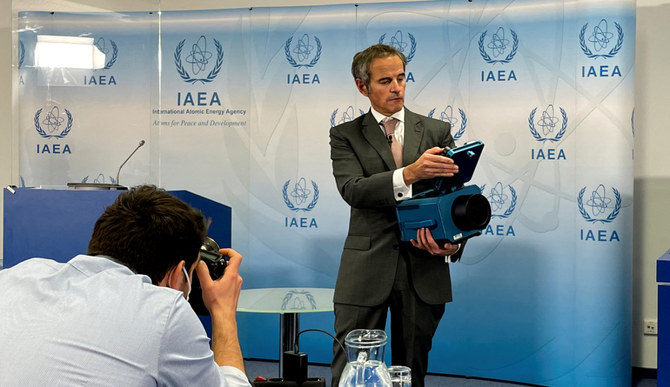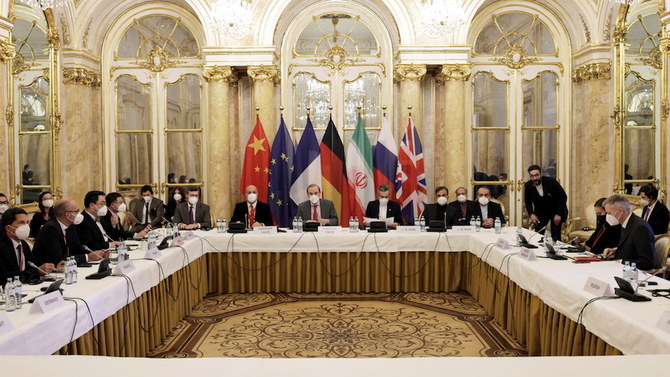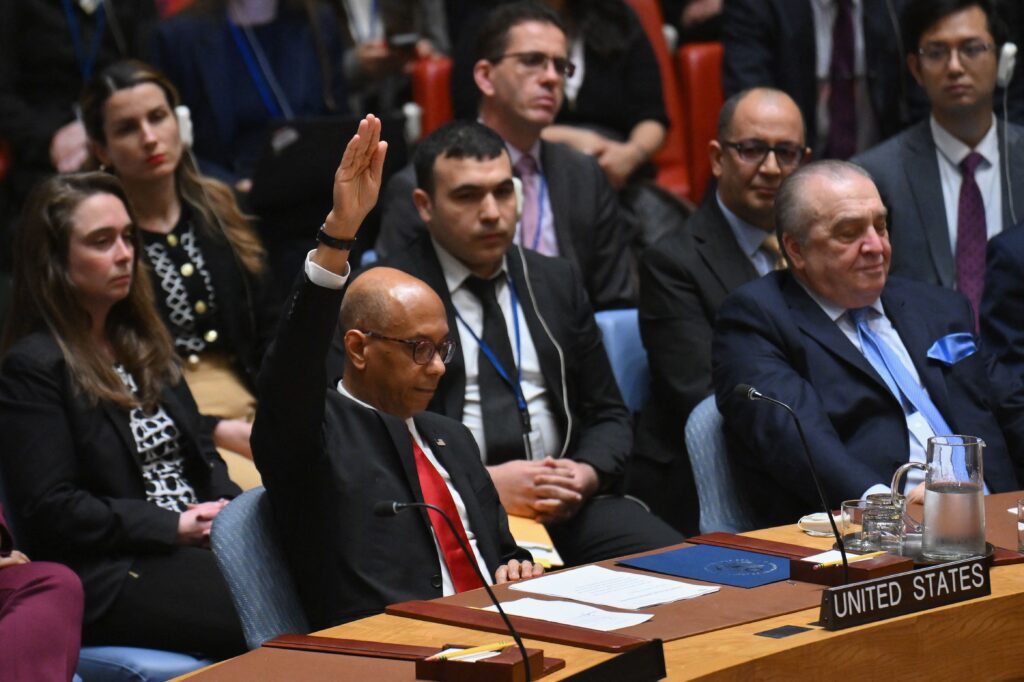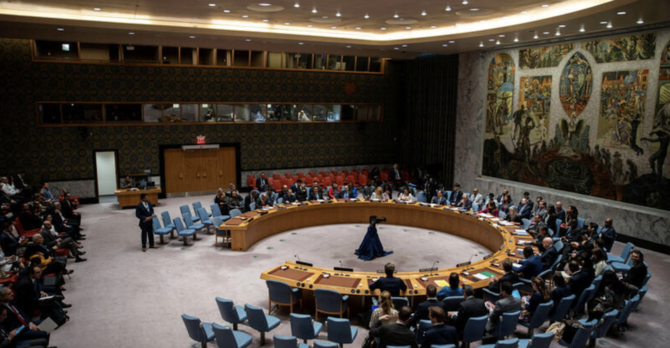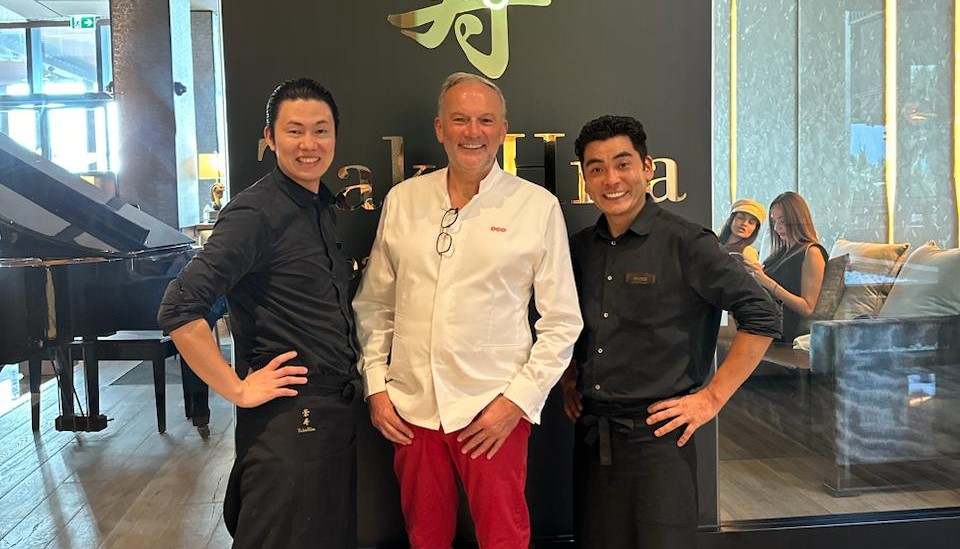VIENNA: The head of the UN nuclear watchdog said on Friday he had “doubts” over a missing camera memory unit from a nuclear complex in Iran.
On Wednesday the International Atomic Energy Agency and Iran reached an agreement on replacing cameras in the TESA nuclear complex in Karaj, west of Tehran, after they were damaged in a June attack Iran blames on Israel.
However, in a press conference on Friday, IAEA Director General Rafael Grossi said no understanding had been reached with Iran over the issue of a missing data storage unit from one of the cameras.
Asked whether he thought it could have vanished in the June attack, Grossi replied: “We have doubts about that. This is why we are asking them ‘Where is it?’ I’m hopeful that they are going to come up with an answer because it is very strange that it disappears,” Grossi said.
Meanwhile, talks aimed at salvaging Iran’s tattered 2015 nuclear deal with world powers adjourned on Friday to allow the Iranian negotiator to return home for consultations after a round marked by tensions over new demands from Tehran.
European diplomats said it was “a disappointing pause” and that negotiators in Vienna are “rapidly reaching the end of the road.” However, they did point to “some technical progress” so far.
Enrique Mora, the EU diplomat who chaired the talks, echoed that, saying: “I hope it will be during 2021.”
China’s chief negotiator, Wan Qun, said the talks will “resume hopefully before the end of the year.”
He said that “we haven’t firmed up a date yet.” Enrique Mora, the European Union diplomat who chaired the talks, said that “we will resume soon.”
Enrique Mora, the EU diplomat who chaired the talks, echoed that, saying: “I hope it will be during 2021.”
The current talks in Vienna between the remaining signatories to the 2015 nuclear agreement — known as the Joint Comprehensive Plan of Action, or JCPOA — opened on Nov. 29, after a gap of more than five months caused by the arrival of a new hard-line government in Iran. There was a short break last week as delegations returned home to consult with their governments.
The US has participated indirectly in the ongoing talks because it withdrew from the accord in 2018 under then-President Donald Trump. President Joe Biden has signaled that he wants to rejoin the deal.
The accord was meant to rein in Iran’s nuclear program in return for loosened economic sanctions. Britain, France, Germany, Russia and China are still part of the agreement.
Following the US decision to withdraw from the deal and reimpose sanctions on Iran, Tehran has ramped up its nuclear program again by enriching uranium well beyond the thresholds allowed in the agreement. Iran has also restricted monitors from the UN atomic watchdog from accessing its nuclear facilities, raising concerns about what the country is doing out of view.
Diplomats from the three European nations have voiced frustration with Iran’s stance during the current talks, saying earlier this week that they were “losing precious time dealing with new Iranian positions inconsistent with the JCPOA or that go beyond it.”
They warned that “without swift progress, in light of Iran’s fast-forwarding of its nuclear program, the JCPOA will very soon become an empty shell.”
Still, there was one sign of progress on a related issue when Iran and the International Atomic Energy Agency reached a deal Wednesday to reinstall cameras damaged at an Iranian site that manufactures centrifuge parts, though inspectors remain limited on what footage they can access.
AP/AFP



